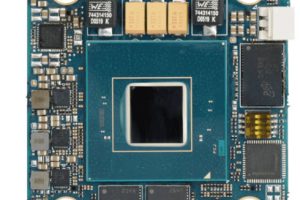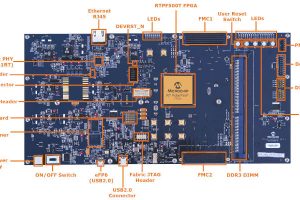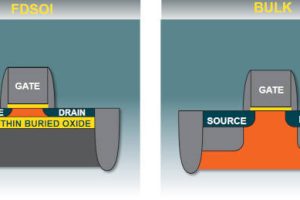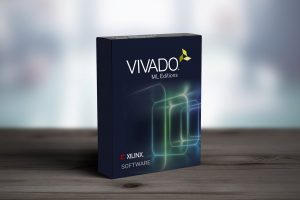The processor firm’s cores have been sold as hard macros in FPGAs for some years, however it has been put off offering a soft core due to the risk of intellectual property theft. “Security is number one,” John Sharp, microcontroller segment manager at ARM, told EW.
Soft cores on programmable devices such as FPGAs can be stolen by reading the device, its associated programme memory, or through industrial espionage at the factory.
What sets the Actel FPGAs apart for ARM is that they are flash-based, so there is no associated on-PCB memory or programming bit-stream; and the selected devices, from the proASIC3 family, include a hard macro AES decryption engine.
“You get an encrypted version of an ARM implementation for the target architecture,” said Dr Yankin Tanurhan, application director at Actel. “You get an ARM-enabled FPGA and only that FPGA can understand the bit-stream.”
The processor, an ARM7TDMIS has been optimised for FPGAs. “It uses more flip-flops than with an Asic implementation,” said Tanurhan.
Just how this optimisation has eaten into the performance hit usually associated with soft cores remains to be seen as neither company is prepared to discuss real throughput or clock speeds at this time.
The processors will be available licence-free for enabled FPGAs and “users can customise interfaces, select different versions of AMBA, attach to the core bus and do pretty much what they want [with interfaces]”, said Tanurhan.
Price is also under wraps for now. “It will be very competitive with other ARM implementations,” said Tanurhan. “You will pay extra, but not much more than a ProASIC3 plus a separate processor [chip].”
 Electronics Weekly Electronics Design & Components Tech News
Electronics Weekly Electronics Design & Components Tech News



